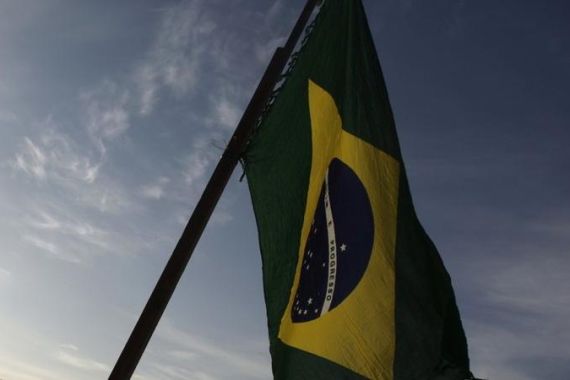Arab Spring: Winter at Brazil’s foreign ministry
By being on the wrong side and supporting falling dictators, Brazil lost its partners, money and values.

The Arab Spring happened and Brazil’s foreign ministry did not notice. Our diplomats were unable to handle the situation, did not support democratic movements, and lost the ground it gained over decades in the Middle East.
Whatever name you want to give, the “Arab Spring” is the most significant world event since the end of the Cold War. Nobody predicted it. Civilisation theorists until now, such as Bernard Lewis and Samuel Huntington, claimed it would be impossible that this could happen in Muslim societies.
But after the process began, all the foreign ministries worldwide revisited their perceptions, concepts, and equations and adjusted and adapted their foreign policies in the region, except Brazil.
We took too long to take a stand. And today our position remains unclear. We have stumbled repeatedly. On more than one occasion, we have sided with dictators in decline. So at least that’s how the West and the revolutionaries themselves see us.
The votes of Brazil at the UN Security Council speak much louder than any words diplomatically. We were timid in relation to Tunisia and Egypt. We were against the intervention in Libya, saying that even Gaddafi would kill the population of Benghazi.
Alluding to the possibility of a greater tragedy if the world meddled – as if it was not already clear enough – the Foreign Ministry bought into the idea that Libya would turn into chaos, almost justifying the government to use of force.
Well, the Libyans went to the polls and elected a moderate government. The problems are far from solved, and much instability is yet to come, but life in the country is significantly better. At least the people hold their destiny in their own hands, and can begin to create their own institutions.
In August 2011, while the troops of the National Transitional Council launched on Tripoli, capturing the capital, not far away we supported another dictator.
We reached the point of sending a mission to Syria which effectively backed the government of Assad. By then, there were 2,000 civilians killed by repression, and Brasilia divided blame with the democracy movements. Today, it’s estimated there have been 20,000 deaths in Syria.
Brazil lost “partners”, credentials and even money invested in national companies. The worst, however, was having relinquished our virtues as a democratic nation, signatories to the Universal Declaration of Human Rights, to defend an old scenario in the crumbling Middle East.
In the photo, along with the revolutionary and democratic movements, posed Europeans and Americans.
The discourse from Brazil’s Foreign Ministry in these cases was that of non-intervention. Not even former diplomats rely any longer only on this principle to the international order. In Angola, Haiti or Honduras, to name a few, we remember the need to not be indifferent to criticism or conjunctions.
The foreign ministry of Brazil stumbled badly. In a hundred years, the history books will speak of events that changed a core part of the world. Brazil will appear in a footnote on the wrong side of these transformations.
Spring there. Winter ideas here.
Marcelo Coutinho is a professor of International Relations at the Federal University of Rio De Janeiro and IPERJ.
The original Portuguese version of this article first appeared on Folha de S. Paulo.
